Brazilian group presents novel method of analyzing microplastic pollution
Envirotec Magazine
MARCH 6, 2023
The last decade has seen some progress with studying plastic pollution, but there are still significant challenges, such as a lack of comparability of reported results, especially when it comes to microplastic particles. River landscape in Pantanal, Brazil. We measure particle size in all samples.

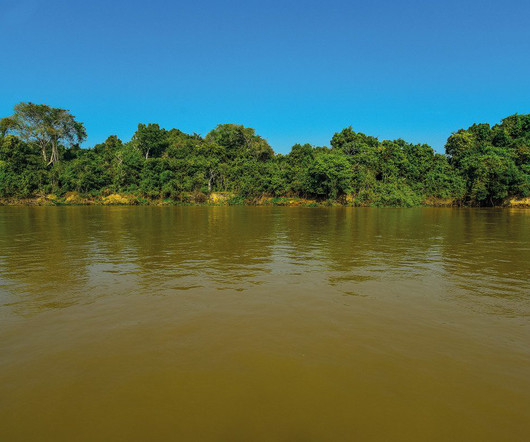
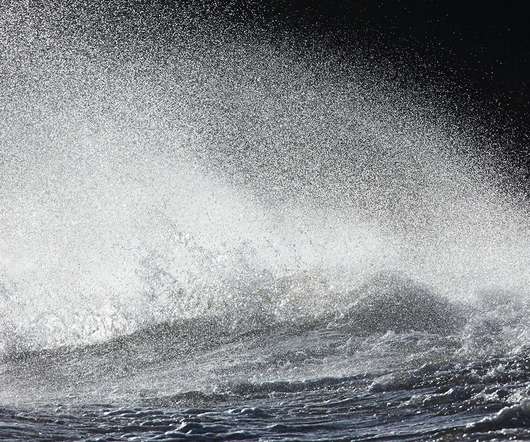
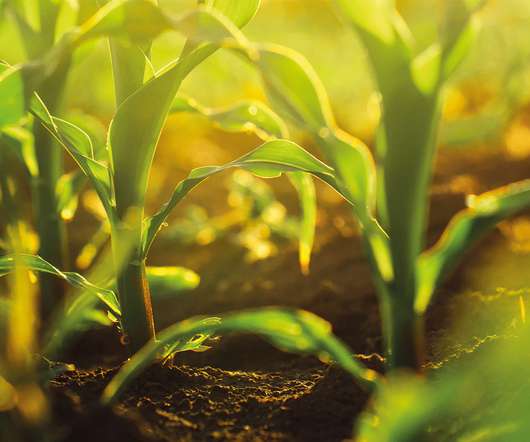
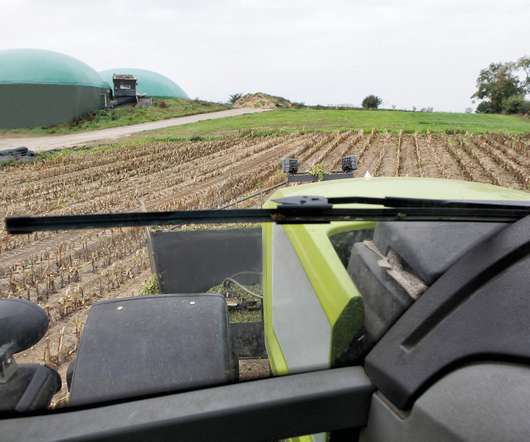
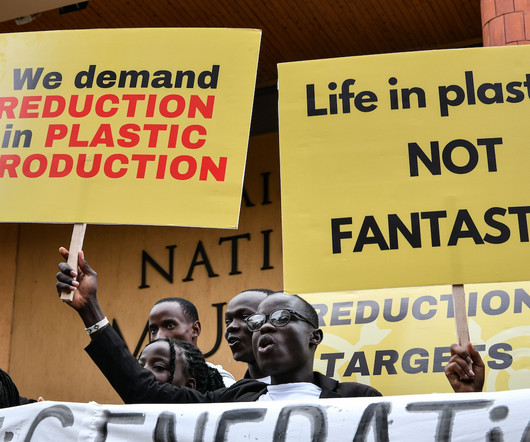

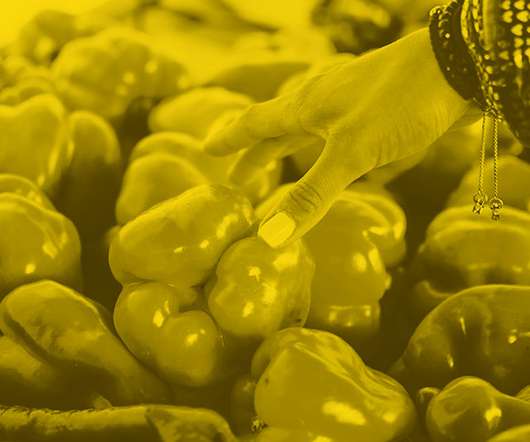
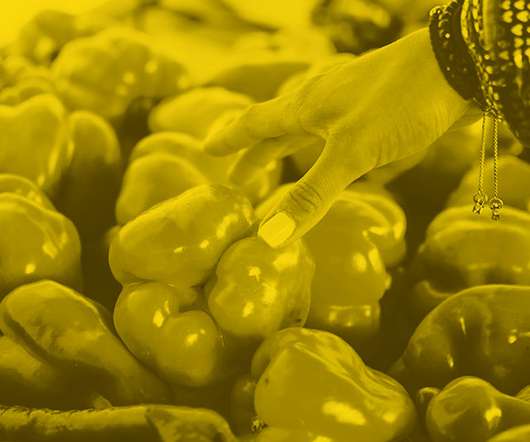
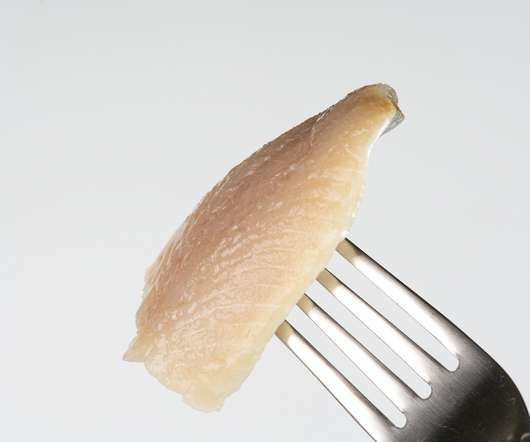


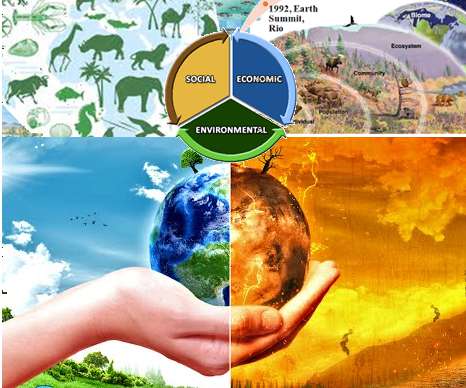








Let's personalize your content